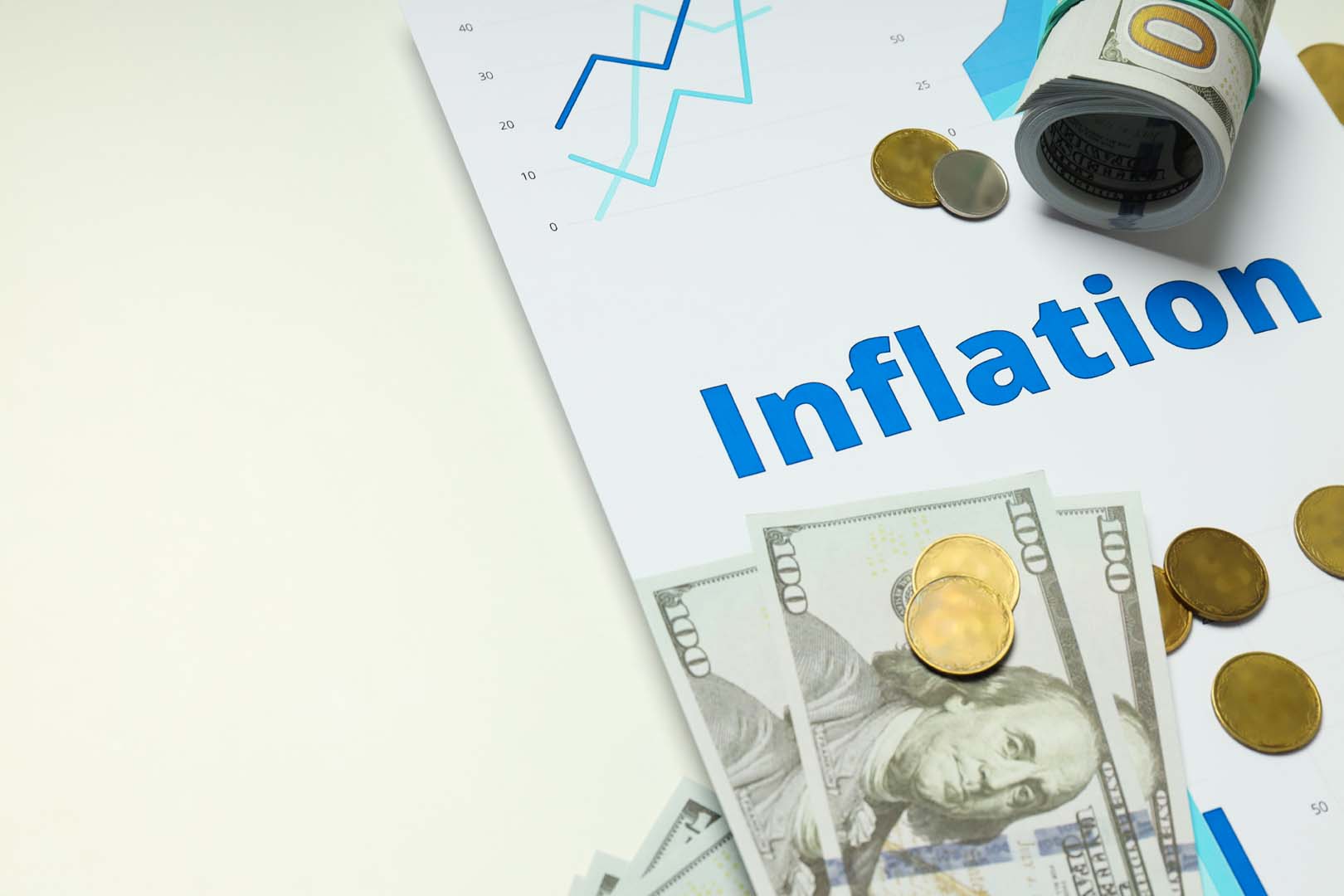Last Updated on 11/03/2023
According to official data released on Tuesday by TUIK, the annual inflation rate in Turkey fell sharply last December. It came in below predictions, primarily due to a positive “base effect” after reaching a 24-year high in October. Keep reading to learn more about this important news.
The inflation rate in Turkey: A 20% decrease in a month
 According to the Turkish Statistical Institute (TurkStat), the consumer price inflation rate in Turkey decreased from 84.39% in November to 64.27% in December 2022. The most recent number is the lowest since the prices increase by 61.14% in March. Global inflation has been fueled by rising food, energy, and commodity costs, as well as the coronavirus outbreak and Russia’s invasion of Ukraine. Yet, after reaching a 24-year high of 85.5% in October, Türkiye’s inflation began to decline in December for the second consecutive month.
According to the Turkish Statistical Institute (TurkStat), the consumer price inflation rate in Turkey decreased from 84.39% in November to 64.27% in December 2022. The most recent number is the lowest since the prices increase by 61.14% in March. Global inflation has been fueled by rising food, energy, and commodity costs, as well as the coronavirus outbreak and Russia’s invasion of Ukraine. Yet, after reaching a 24-year high of 85.5% in October, Türkiye’s inflation began to decline in December for the second consecutive month.
Turkey’s inflation rate will start to drop in 2023
The first quarter of the year is predicted to see a sharper reduction, which will be good news for this year’s annual inflation estimate.
President Recep Tayyip Erdogan commented on the decline beginning in the last 2 months as evidence of a “rapid recovery.”
He also stated that the declining trend in inflation will continue. He added that the government’s objective for this year is to completely deflate the inflation bubble and eliminate this issue from the national agenda by the next year.
According to Treasury and Finance Minister, the inflation rate in Turkey began a significant decreasing trend in November. He emphasized that as of 2022, the country’s inflation rate was below the target level in the Medium Term Program from the previous year.
The situation of inflation in Turkey for the last 2 years

Turkey has always struggled with inflation, but it has managed to get it under control for years. However, when it comes to inflation rates and currency levels, Turkey has been experiencing a challenging scenario since January 2020.
Impact of inflation on different sectors’ prices

According to the report, consumer prices increased 1.18 percent month over month in December, down from 2.88% in November and under the 2.7% expected in a Reuters survey. The estimated annual rate of inflation for consumer prices was 66.8%.
According to the data, the health sector experienced the largest monthly consumer price rises, up 5.91%, while prices for essential foods and nonalcoholic beverages increased by 1.86%. Transport costs decreased by 4.14%. A 13.6% increase in consumer price inflation from month to month in December 2021 served as the base effect that caused the reduction in annual inflation from November. The housing industry experienced yearly price increases that were approximately 80% higher than other sectors, including food and nonalcoholic beverage costs at 78% and home furnishings at 73.02%.
Turkish Currency fluctuation

The lira lost around 30% of its value versus the dollar in 2022, but it remained largely constant in the most recent quarter, which helped slow the rate of price increases. The nation’s central bank promised to utilize its policies to permanently raise the weight of the Turkish lira on both the asset and liability sides of the banking system in its annual monetary policy report for 2023, which was released last week.
It stated that during the following six months, it plans to increase the proportion of lira deposits to 60% of all deposits in the banking sector. Deposits in lira presently make up roughly 53% of the total. In the banking system a year ago, deposits made in hard currencies made up about 65% of all deposits, reflecting the devaluation of the Turkish Lira and significant inflation rates.
Continuous efforts to overcome the challenge of inflation in Turkey
 To relieve household financial strain and face the impact of the inflation rate in Turkey, the government tripled the minimum wage in the last year and increased public pay and pensions for millions of people.
To relieve household financial strain and face the impact of the inflation rate in Turkey, the government tripled the minimum wage in the last year and increased public pay and pensions for millions of people.
For 2023, Erdogan announced a 55% increase in the minimum salary, as well as a policy that would allow more than 2 million workers to retire early. He indicated that if necessary, the minimum wage might increase once more this year. Moreover, on Tuesday, Erdogan announced a 25% pay raise for both active and retired public employees and stated that the government expects inflation to continue to decline through 2023.
If you require more details regarding economic developments in Turkey, don’t hesiate to get in touch with us. A free introductory consultation can be scheduled without difficulty. Additionally, if you are considering investing in Turkey, our professionals provide full-service advising and may recommend a safe and reliable transaction depending on the market’s current conditions. Learn more about our services.



